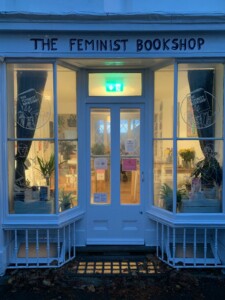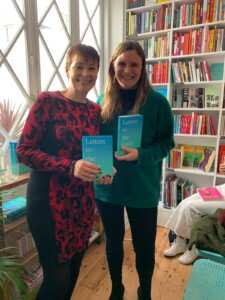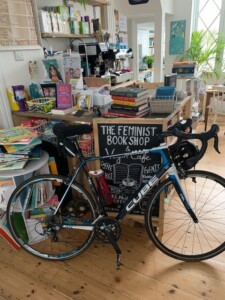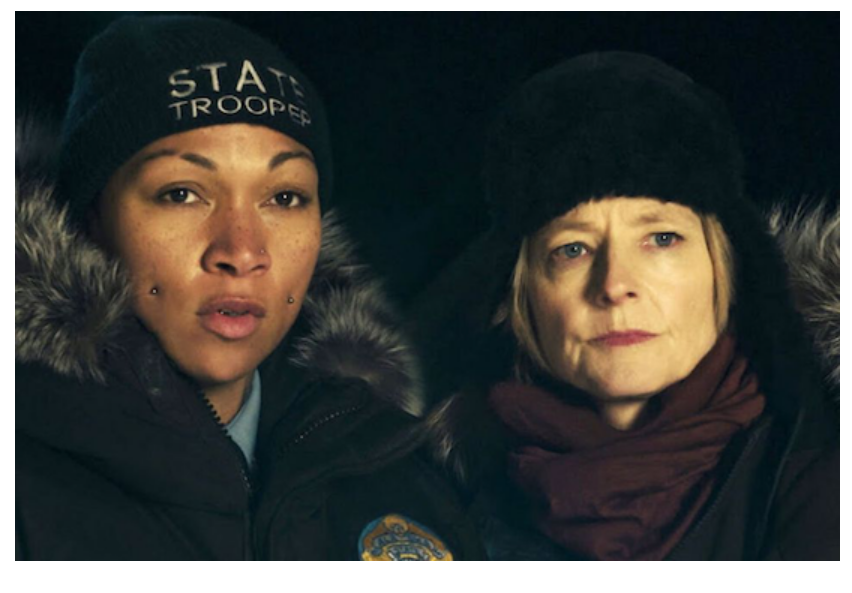
A Leaving Statement from Tariq Goddard, a Founder and Editor of Repeater and Zer0 Books
Repeater and Zero Books are publishing imprints that have become a culture. That culture will endure longer than the individuals that helped bring it about,
In this sixth instalment of Repeater’s short guide to radical independent bookshops, we spoke to Ruth Wainwright, Owner of The Feminist Bookshop in Brighton.
1. What is the origin story of The Feminist Bookshop?
The idea began when I first moved down here and started running a feminist book club in living rooms around Brighton and Hove. Initially I was just looking to make some new friends and talk about feminism, but it was such a lovely group and so inspiring, that I wanted to take it further. I realised that as the ground floor of my house used to be shop it could probably be converted back and it just seemed obvious – it had to be a feminist bookshop! After a successful crowdfunding campaign I was finally able to put ideas into plans, and the rest is history.

2. What is your mission? Do you have a particular set of values?
We want to build a community space which is open to everyone and encourages people to come together in a fun, inclusive and safe space. The bookshop is filled with books by self-identifying women and non-binary writers and we seek to support and promote self-identifying women and non-binary creatives and entrepreneurs in all that we do – whether that be through the coffee we drink from the ‘Girls Who Grind’ or the work by local self-identifying women and non-binary artists displayed on our walls.

3. Do you host events and, if so, what do you have lined up?
Yes, we have been hosting an array of events from book signings, poetry nights and life drawings since we first opened our doors. We have some really exciting events coming up for later this month!
On the 30th of March we have a book club meeting celebrating Women’s History Month. We wanted to choose a fiction title that shines a spotlight on a part of a women’s history or a group of women that we don’t hear about very often. Our chosen title – The Mercies by Kiran Millwood Hargrave – does just this.
This is followed by a very special in conversation event with Elizabeth Chakrabarty and Nikita Gill on the 6th of April. We will be discussing Elizabeth’s book: Lessons in Love and Other Crimes.
And we will be hosting a Children’s Reading and Activity session on the morning of the 22nd of April for an interactive reading of ‘I am Human: A Book of Empathy’.
For more information about all the events we have coming up can be found on our website!
4. You set up The Feminist Bookshop Library when the pandemic started. Was this a successful initiative?
Yes, as the pandemic hit we had to make lots of adjustments to the way we worked. One of the first initiatives we introduced when the country locked down was local deliveries, which meant I was out and about on my bike most days. We also continued to hold events, moving to online hosting, with things like creative writing workshops, life drawing, poetry nights and book launches. We’ve also done what we can to support our local community, opening a library service for those unable to access books at the moment and fundraising for local women’s charities. Now that we’re moving out of the pandemic we have been slowly planning in-person events again. It’s been a slightly unusual two years but we’re still so glad to be here and so grateful for the wonderful community that has supported us, especially in and around Brighton.
5. Your café is plant-based. Is being eco-friendly a policy that translates into the running of the bookshop?

Yes, 100%. We try to be environmentally conscious in everything that we do. For example, we source all our packaging and cards from 100% recycled paper and consider how everything from our cleaning products and toilet roll to our food and merchandise can be sourced conscientiously.
6. Why do you think independent bookshops such as The Feminist Bookshop are important?
I think for me a sense of identity is a great attribute for a bookshop to have. I find places like Gay’s the Word really inspiring as they have a really clear mandate and ambition as a bookshop. For us, I think the focus on promoting intersectional feminism is what sets us apart. Walking into a shop where the shelves are filled with female and non-binary voices talking about issues which are often suppressed is a hugely liberating feeling and I would encourage anyone to pop in and see for themselves. We would be very pleased to see you there!
7. How would you summarise The Feminist Bookshop and its work in 3 words?
Colourful, supportive and inclusive
You can find out more about The Feminist Bookshop by clicking here.
Interview by Immy Higgins
Edited by Rahel Araya
Featured image credit: The Feminist Bookshop

Repeater and Zero Books are publishing imprints that have become a culture. That culture will endure longer than the individuals that helped bring it about,

If the measure of writing is to get as close as we can to the truth of existence, I know I will never write a

To accompany his latest piece with Tariq Goddard in The Quietus on True Detective Season 4 and the legacy of In The Dust of This Planet, Eugene

Repeater and Zero Books are publishing imprints that have become a culture. That culture will endure longer than the individuals that helped bring it about,

If the measure of writing is to get as close as we can to the truth of existence, I know I will never write a

To accompany his latest piece with Tariq Goddard in The Quietus on True Detective Season 4 and the legacy of In The Dust of This Planet, Eugene
